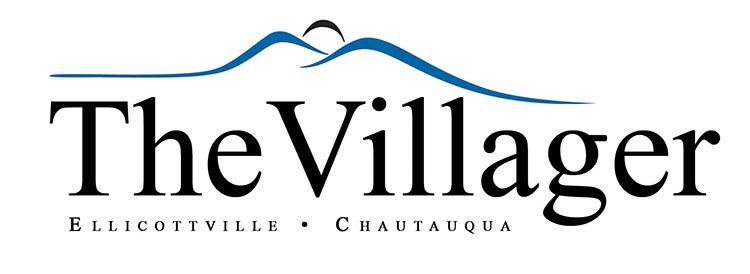-Carolann Fisher-Linn-
It’s a safe bet that someone close to you has had or is presently being treated for breast cancer. As the most commonly occurring cancer in women worldwide, breast cancer poses a formidable public health challenge on a global scale. You could say it’s ubiquitous, appearing in every culture across the globe. Breastcancer.org reveals that “As of January 2022, there are more than 3.8 million women with a history of breast cancer in the U.S. This includes women currently being treated and women who have finished treatment.”
The earliest descriptions of breast cancer are found in the history of ancient Egypt. Since then, scientific research has exponentially increased the survival of breast cancer patients, many times without the dreaded mastectomy which left women with debilitating post-treatment psychological impact.
Except for skin cancer, breast cancer is the most common cancer in women in the United States. Deaths from breast cancer have declined over time, but breast cancer remains the second leading cause of cancer death among women overall (heart disease is #1) and the leading cause of cancer death among Hispanic women. One of every four deaths in the United States is due to cancer.
Breastcancer.org gives these facts: 13% or 1 in 8 women will develop breast cancer in her lifetime. A man’s lifetime risk is 1 in 833. “Each year in the United States, about 264,000 cases of breast cancer are diagnosed in women and about 2,400 in men. About 42,000 women and 500 men in the U.S. die each year from breast cancer. Black women have a higher rate of death from breast cancer than White women” (cdc.gov).
In 2022, it’s estimated that about 30% of newly diagnosed cancers in women will be breast cancers. Breast cancer became the most common cancer globally as of 2021, accounting for 12% of all new annual cancer cases worldwide, according to the World Health Organization. The good news, and there really is good news about breast cancer, is this: After 2000, breast cancer rates started dropping after increasing over two previous decades. A prevailing theory is this was partly due to the reduced use of HRT (hormone replacement therapy).
Do you have a first-degree elative (mom, sister, daughter) who has/had breast cancer? A woman’s risk of breast cancer nearly doubles if she has a first-degree relative (mother, sister, daughter) who has been diagnosed with breast cancer. Less than 15% of women who get breast cancer have a family member diagnosed with it. About 5-10% of breast cancers can be linked to known gene mutations inherited from one’s mother or father. The 85% with breast cancers with no family history develop it due to genetic mutations that happen because of the aging process. In other words, some of the most significant risk factors for breast cancer are being a woman and growing older.
Following are steps recommended by the CDC to detect breast cancer early, when it’s easiest to treat: Knowing your risk for breast cancer; Knowing how you can lower your risk of breast cancer; Knowing your family history; Knowing when and where to get a breast cancer screening. Did you know that sometimes breast cancer has no symptoms – not even a lump? Screening is important. If you have trouble paying, CDC offers free or low-cost screenings to women who qualify. You may qualify if you have no insurance or no coverage for screenings; your family income is at or below 250% of federal poverty level; you are between the ages of 40 and 64. Go to the CDC website and follow the prompts.
Coming from a tribe of four children, three of whom have had cancer, and knowing many community members who have dealt with it, this much I know: You don’t let cancer get the upper hand. You surround yourself with people who care, you listen to your doctors and remain willing to try new treatments. Ellicottville’s mayor, John Burrell (a cancer survivor himself) said this to me, (paraphrased) It is said that as soon as you are born you begin dying … or do you? Better still is to begin living, and continue living through all circumstances, including cancer, until your day of departure finally arrives. Good advice. Stay healthy. Stay positive.
